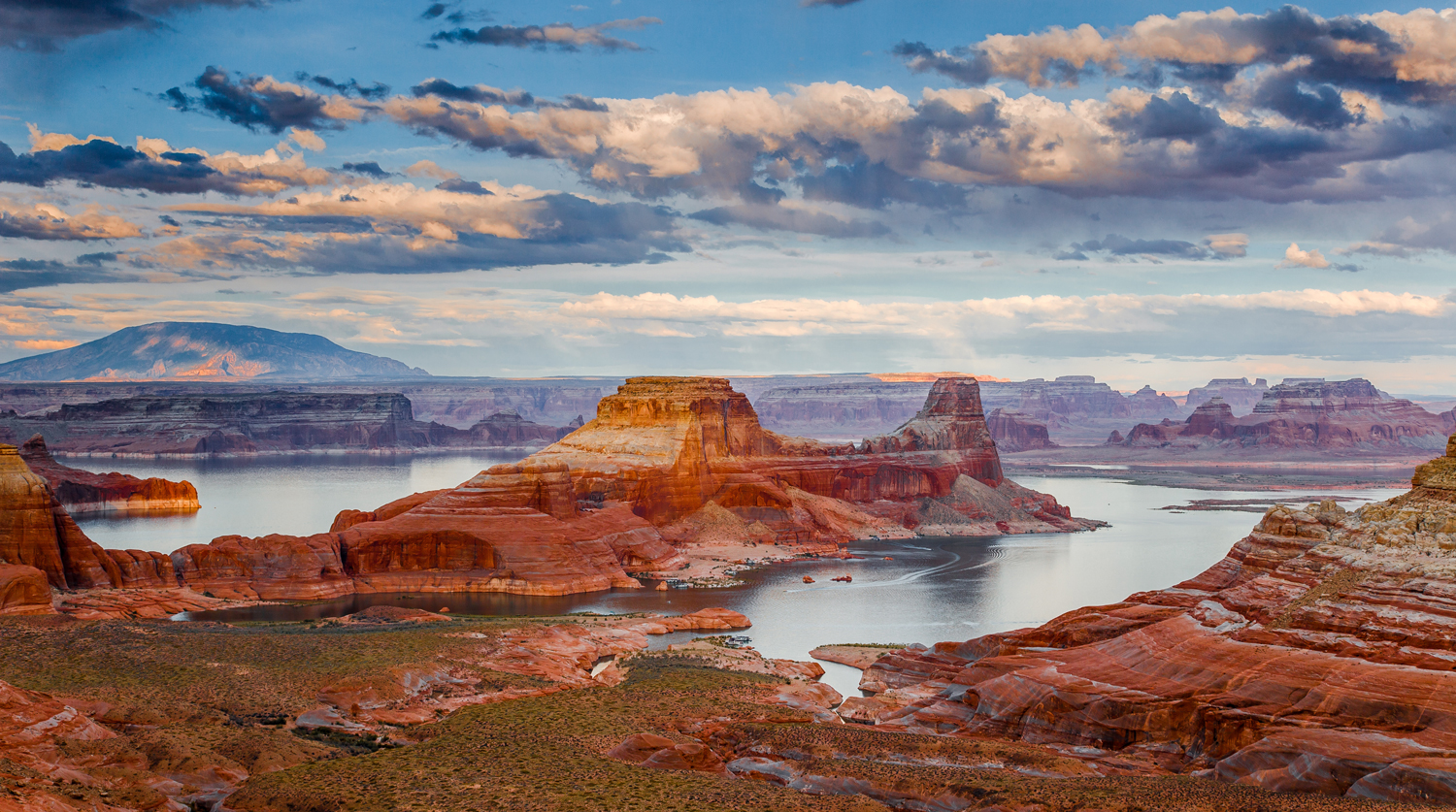Securing Sovereignty: The Role of Security Cameras in Native American Governments

This is especially true for sovereign nations, which require heightened security measures to ensure the safety and protection of their land and people. In this blog post, I'll discuss the role of security cameras in Native American governments, including what they are, how they work, and their benefits, as well as legal considerations, choosing the right system, and privacy concerns.
Introduction to Sovereign Nations and their Security Needs
Sovereign nations, such as Native American tribes, have their own governance structures and laws that are recognized as independent from the United States government. As such, they are responsible for their own security and protection. This can be challenging, as many sovereign nations are located in remote areas with limited resources and infrastructure. Additionally, they often face unique security risks, such as poaching, illegal logging, and cultural theft.
What are Security Cameras and how do they work?
Security cameras, also known as closed-circuit television (CCTV) cameras, are a type of surveillance technology that captures and records footage of an area. They can be installed both indoors and outdoors, and can be used to monitor a variety of spaces, including buildings, parking lots, and public areas. Most security cameras today are digital, meaning they capture footage in high-definition and store it on a digital video recorder (DVR) or network video recorder (NVR).
Security cameras can be equipped with a variety of features, including night vision, motion detection, and facial recognition. Some cameras also come with remote viewing capabilities, which allow you to access the footage from your smartphone or computer.
Benefits of Security Cameras for Sovereign Nations
There are many benefits to using security cameras for sovereign nations. For one, they provide a powerful deterrent against criminal activity. The mere presence of cameras can dissuade potential intruders from trespassing on sovereign land or committing illegal activities. Additionally, security cameras can help identify suspects in the event of a crime, which can aid in the investigation and prosecution process.
Security cameras can also be used to monitor the natural environment, which is especially important for sovereign nations that rely on natural resources for their livelihoods. By monitoring areas for illegal logging or poaching, for example, security cameras can help protect these resources and ensure their sustainability for future generations.
Case Studies of Sovereign Nations using Security Cameras
Many sovereign nations have already implemented security cameras as part of their security strategy. For example, the Confederated Tribes of Warm Springs in Oregon installed a security camera system that covers their entire reservation. The system includes both fixed and pan-tilt-zoom cameras, and is monitored 24/7 by trained security personnel. Since the installation of the system, the tribe has seen a significant reduction in crime on their land.
Similarly, the Navajo Nation in Arizona and New Mexico has implemented a network of security cameras that monitor their land for illegal activities. The cameras are equipped with license plate readers and facial recognition technology, which allow the tribe to identify suspects and vehicles associated with criminal activity.
Legal Considerations for Security Cameras on Sovereign Land
When implementing security cameras on sovereign land, it's important to consider the legal implications. Sovereign nations are subject to their own laws and regulations, which may differ from those of the United States government. Additionally, tribal sovereignty is recognized by the federal government, but there are still legal grey areas when it comes to surveillance technology.
Tribal governments should consult with legal experts to ensure that their use of security cameras complies with all applicable laws and regulations. This may include obtaining permits or licenses, as well as adhering to privacy laws and regulations.
Choosing the Right Security Camera System for your Sovereign Nation
When choosing a security camera system for your sovereign nation, there are several factors to consider. First and foremost, you'll need to decide what areas you want to monitor and how many cameras you'll need. This will depend on the size of your land and the specific security risks you face.
You'll also need to consider the features you want in your security cameras, such as night vision, motion detection, and remote viewing capabilities. Additionally, you'll need to choose a storage solution for your footage, such as a DVR or NVR.
Finally, you'll need to choose a reputable vendor that can provide installation, maintenance, and support services for your security camera system.
Maintaining and Upgrading your Security Camera System
Once you've installed your security camera system, it's important to maintain and upgrade it regularly. This includes performing routine maintenance checks to ensure that all cameras are functioning properly, as well as upgrading your system as new technology becomes available.
Regular maintenance and upgrades can help ensure that your security camera system remains effective and up-to-date.
Training and Education for Security Camera Operators
Another important consideration when implementing a security camera system is training and education for your security camera operators. Properly trained operators can help ensure that your system is used effectively and efficiently, and can identify potential security risks before they become a problem.
Training should include instruction on how to use the cameras, how to access and analyze footage, and how to identify and respond to potential security threats.
Privacy Concerns and Security Cameras on Sovereign Land
One potential concern with security cameras on sovereign land is privacy. Tribal members and visitors may be concerned about being monitored without their knowledge or consent.
To address these concerns, sovereign nations should establish clear privacy policies that outline how and when security cameras will be used. Additionally, signs should be posted in areas where cameras are installed to notify people that they are being monitored.
Conclusion: The Importance of Securing Sovereignty with Security Cameras
In conclusion, security cameras can play an important role in securing sovereignty for Native American governments. By providing a powerful deterrent against criminal activity, monitoring the natural environment, and aiding in the investigation and prosecution of crimes, security cameras can help protect sovereign nations and their people.
However, it's important for tribal governments to consider the legal implications, choose the right system for their needs, and properly maintain and upgrade their system over time. Additionally, privacy concerns should be addressed through clear policies and signage.
With the right approach, security cameras can be an effective tool for securing sovereignty and protecting the land and people of Native American tribes.
Read More
Additional blog posts





